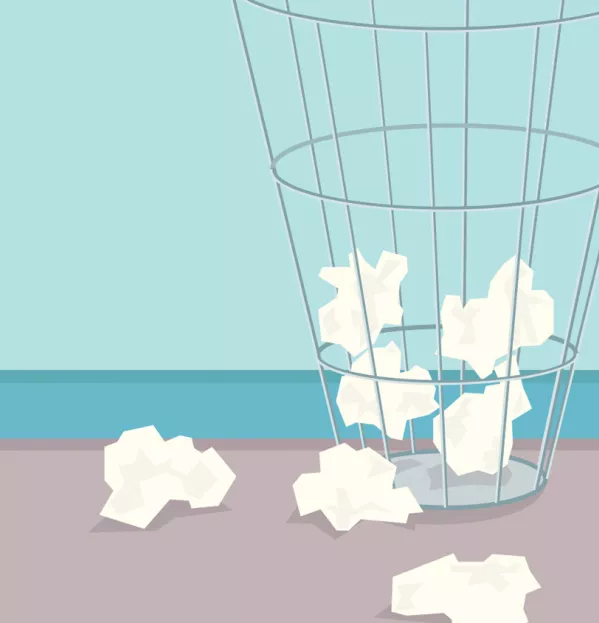If a teacher had been given the task of writing the report on the Iraq war, we wouldn’t have waited more than five years for the findings to be published. This is not because of any brevity in a teacher’s writing style or ability to complete a task to a timetable.
The delay to the Chilcot Inquiry was caused by giving everyone who was criticised a right to reply. But with a teacher in charge, all of the participants in this chaotic conflict would have received a positive report, glossing over the catastrophic errors in order to save everyone’s feelings from being hurt, such is the blandly upbeat style of modern report-card writing in schools.
A veritable Rosetta Stone is needed to translate the average report card
This has been crystallised for me in a document I recently received on how to write “wellbeing assessment plans” - reports on the general welfare of pupils. The study’s authors ask that when writing the plan, teachers “should exude nurture and warmth” while being “non-emotive” and “factual”. The plans should also “accentuate the positives” - sounds like a song - while the negatives should remain “succinct” and “to the point”.
I think that even the greatest writers of our day would struggle to fulfil this brief of radiating empathy while sticking to the facts, never mind the average teacher trying to fit this in during a busy day.
The modern horror of causing offence or upsetting either the recipient of the report or their parents negates the original purpose of the activity: to inform the reader.
For as long as I can remember, a veritable Rosetta Stone has been needed to translate the euphemisms that you find written in an average school report card. The classic example is, “With support, John can access elements of the curriculum” - nine words which could mean anything or nothing.
The end result is that the report becomes valueless, yet paradoxically it is something we set great store by and spend long hours completing.
Other sectors wouldn’t tolerate this: a medical or social-work report has to be clear about what the issues are. How can we expect parents to act on our recommendations if we muddy our ideas with jargon and focus only on the positives?
Past reporting techniques are rightly criticised for their harsh tones and inability to see the whole person, such as John Lennon’s report card, which read: “Hopeless. Rather a clown in class.” Nevertheless, at least Mr and Mrs Lennon would have a clear picture of what the teacher’s perception of the young Beatle was.
A report card should be treated like any valued form of communication, meaning that we teachers put the most pertinent information first to allow parents to act on our recommendations - which is impossible to do if they don’t know what they are.
Gordon Cairns is an English and Forest School teacher in Glasgow
